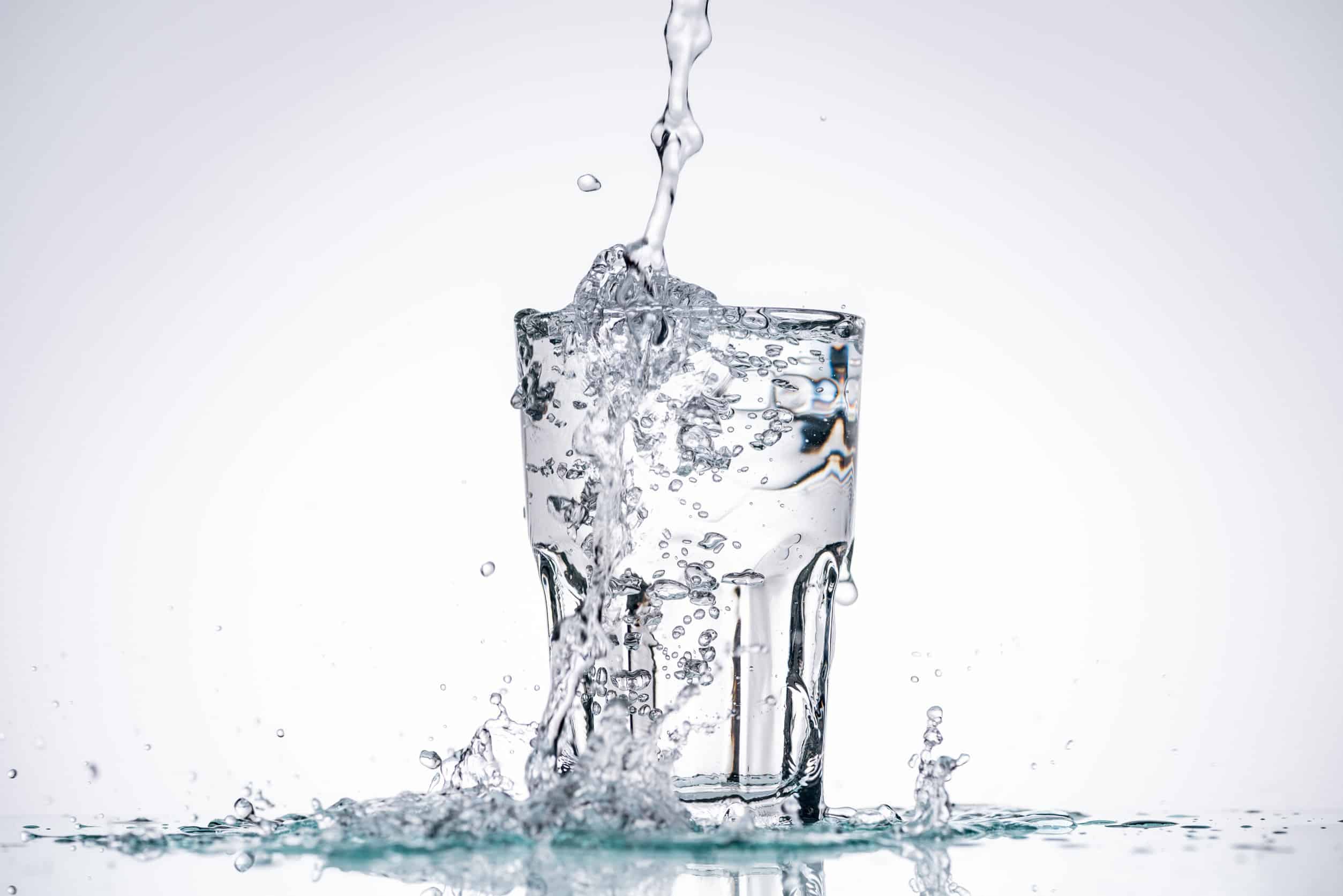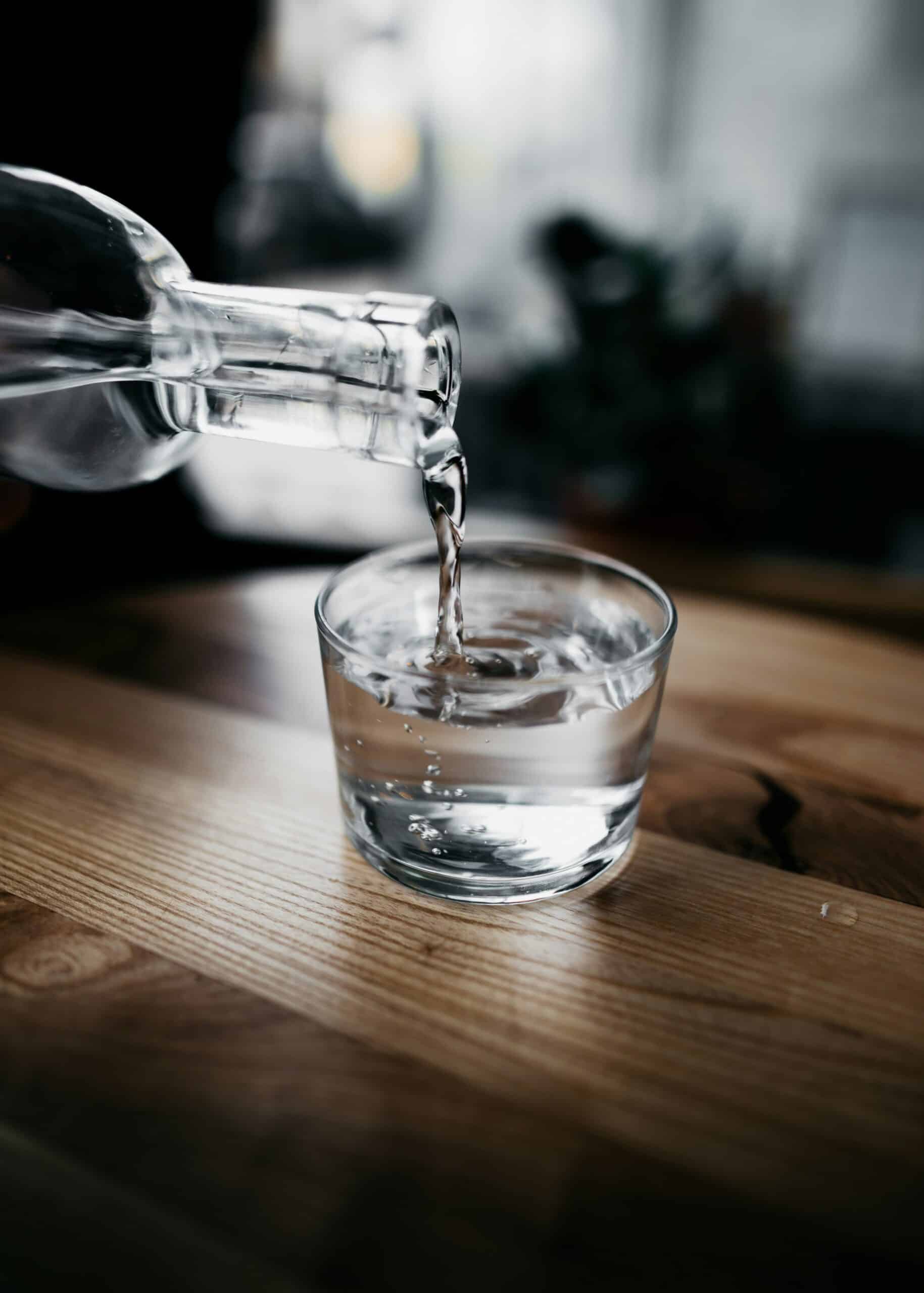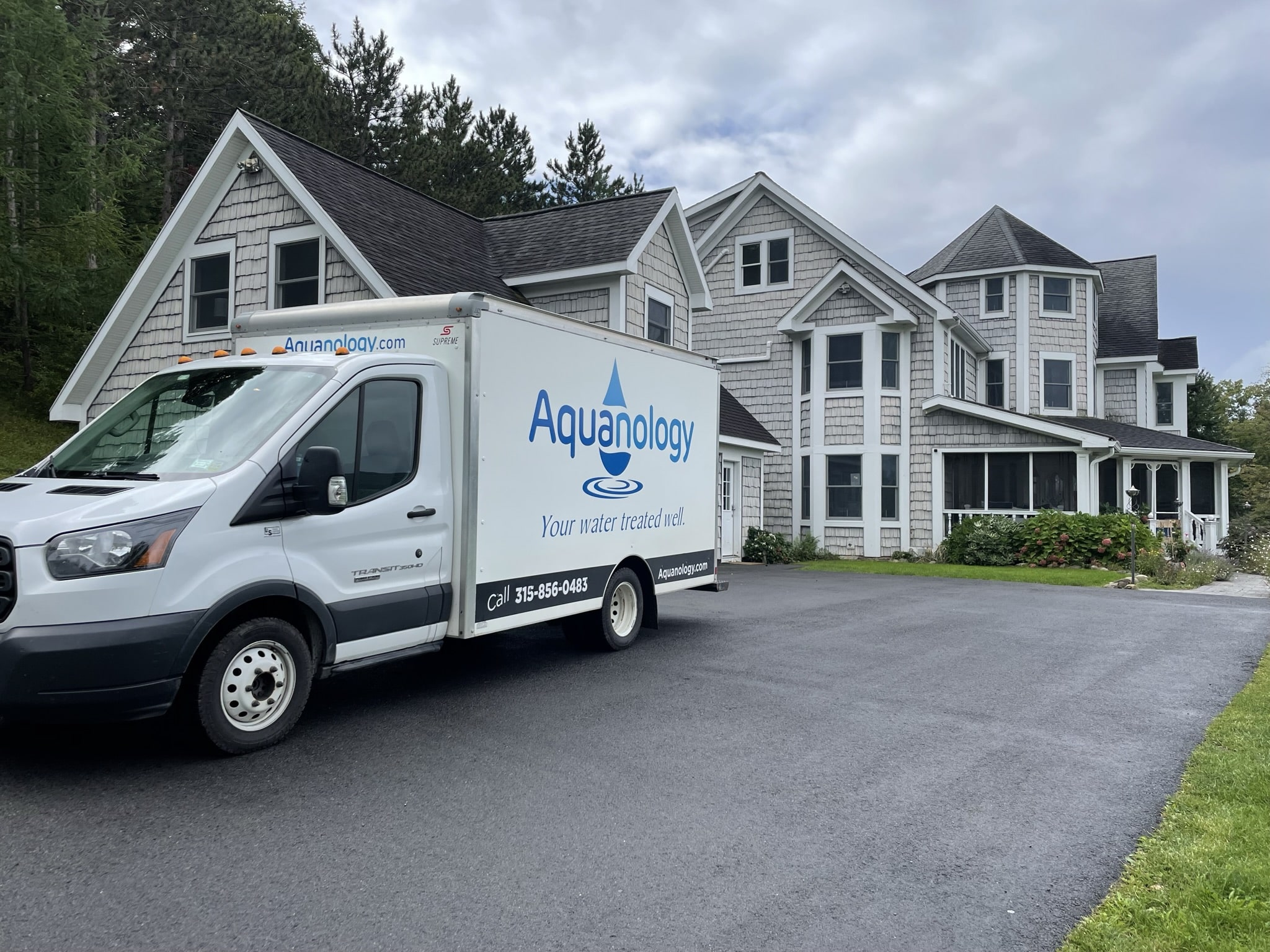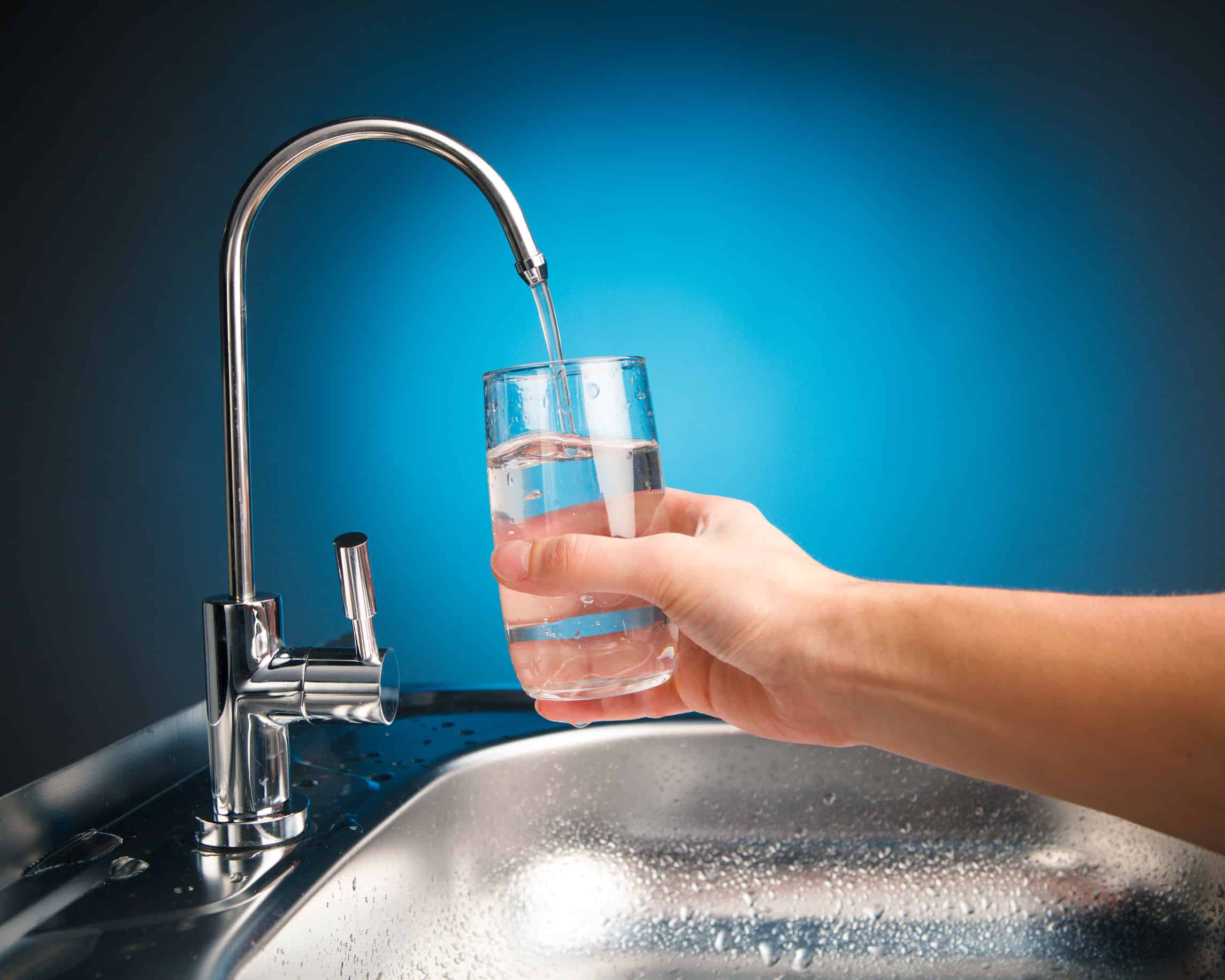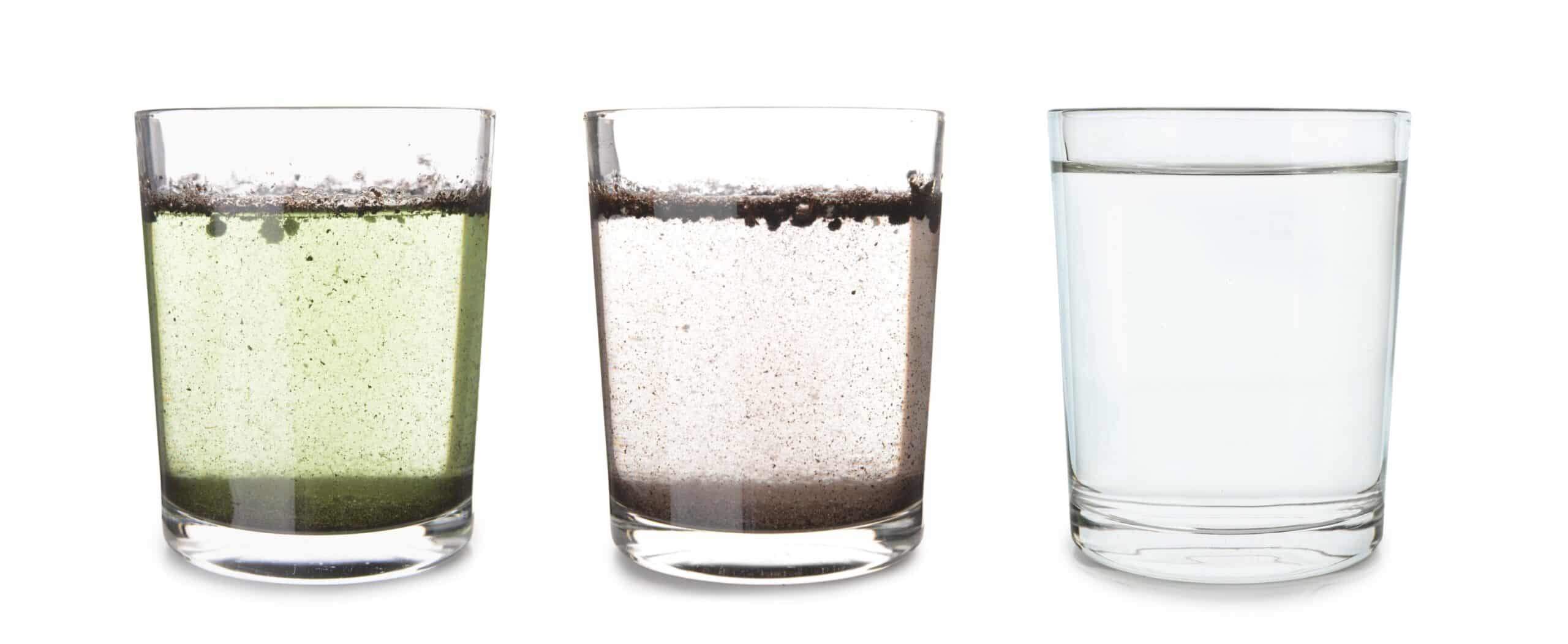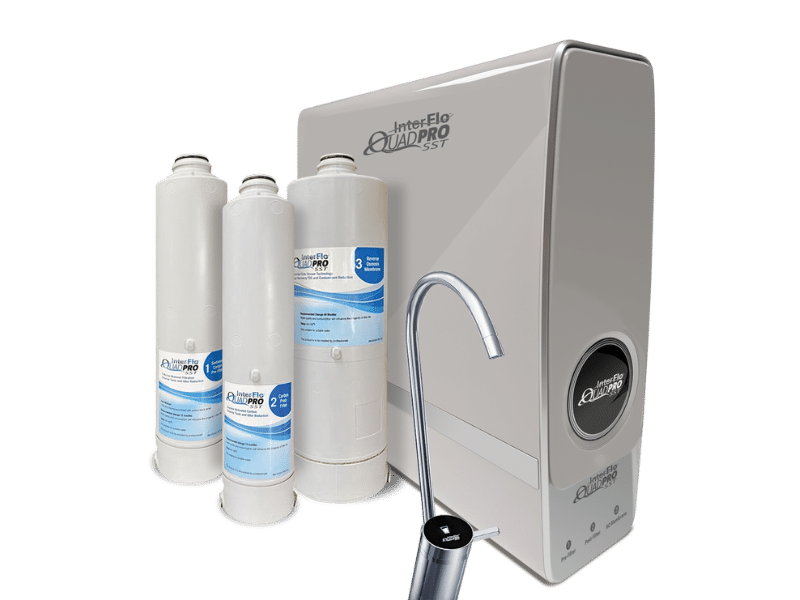Every home will benefit from softened water compared to the alternative of hard water. Soft water keeps stains from building up on fixtures, makes cleaning more effective with less soap, and keeps water using appliances and plumbing working longer and more efficiently.
A poorly working softener, however, is not an asset. An improperly functioning water softener can lead to wasted water down the drain, salty water in the home water, loss of water pressure, or intermittent hard water then soft water sometimes.
It is usually fairly easy to determine if your softener has a problem or not. A few quick examples you might pick up are water stains left behind, or the water softener unit no longer taking salt correctly. In this article, we’ll explore more signs of failure, and what to look for to verify and/or fix the issue.
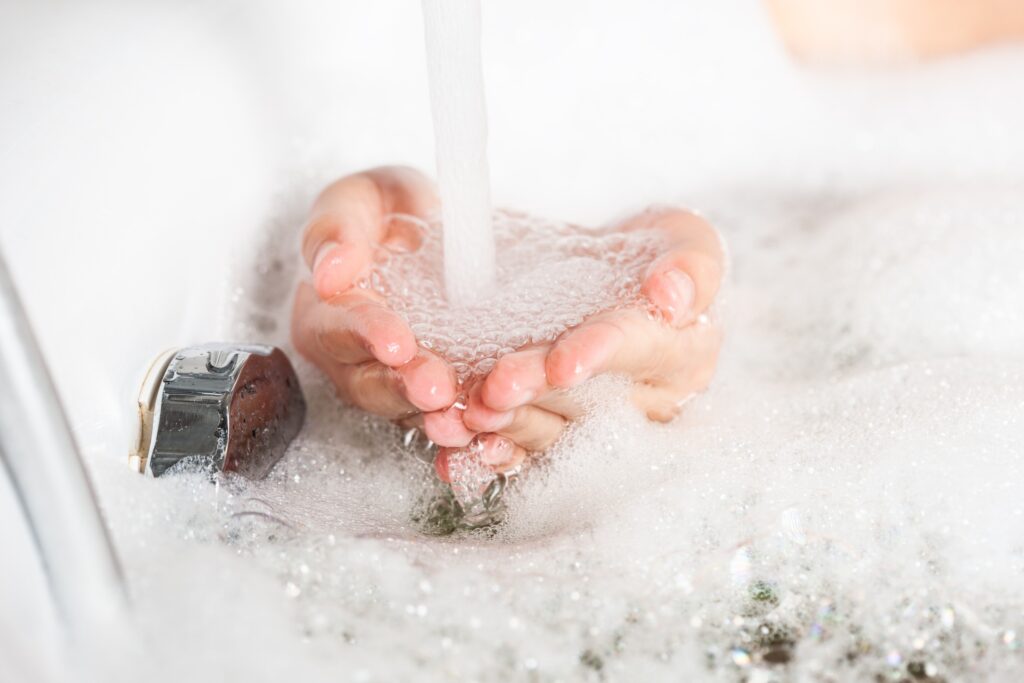
Signs Your Water Softener Needs Attention
Water Hardness
- While soft water is known for its soft, slippery feel across your skin, hard water does not have this noticeable effect. If you’ve been accustomed to soft water, there’s a good chance you will feel the difference fairly quickly if the softener stops working.
- Another indicator that quickly becomes obvious if water is no longer soft is the amount of soap needed to make good lather. Because hard water absorbs soap, it takes a much greater amount of soap to work a lather, but soft water creates lather with only a small amount of soap. If you notice changes in the amount of soap needed, your softener could be the culprit.
- Obviously, the truest way to check a water softener’s performance is to test the water after the unit. Simple hardness test strips may be purchased online or a local supply store. Ask your local water conditioning specialist for more accurate tests. Aquanology provides service and onsite testing for water softeners for the Upstate and Finger Lakes regions of New York.
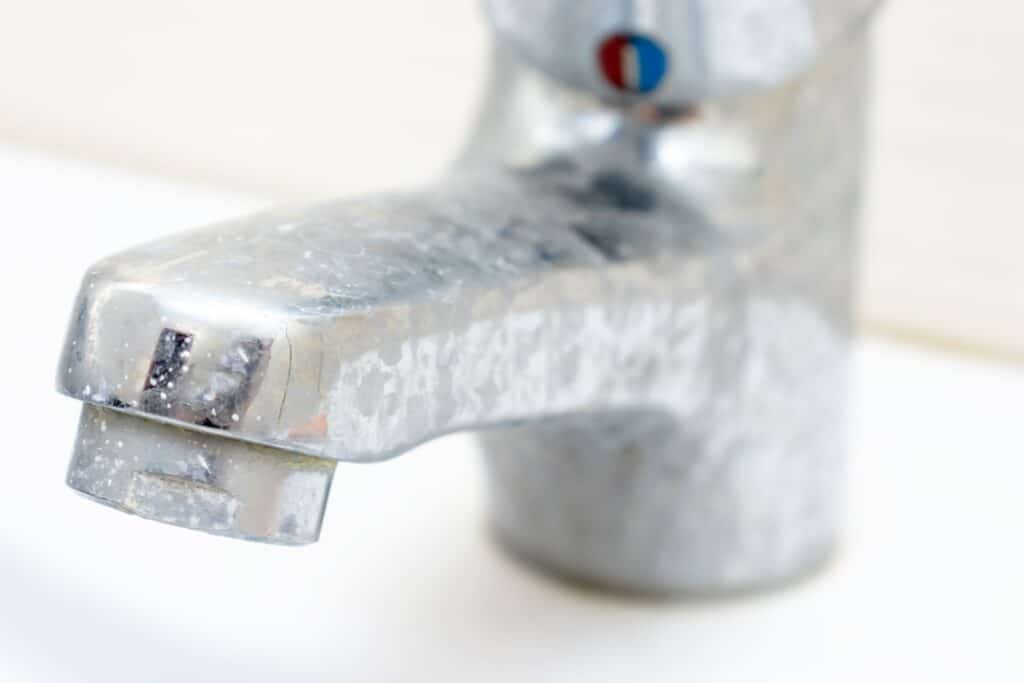
Visible Signs
When your water softener quits functioning, one of the first visual indicators is hard water stains. These will appear as small white specks on faucets, dishes and glassware from dishwashers, etc. With time these spots may worsen into a hard white crusty buildup on faucets and aerators. Although not easy to see, the same thing is likely happening inside appliances like water heaters, clothes washers, and dishwashers.
Hard water, and especially iron, coming through an improperly functioning water softener can leave behind unwanted stains. Especially noticeable on whites, these stains can vary from brown to almost orange. In addition, clothes may not feel as soft, because of the hardness residue left behind.
Performance Issues
If the water softener is not regenerating or flushing properly, and is becoming plugged, you will likely notice the water pressure decreasing as a result.
Another red flag is salt usage. Most softeners take a set amount of salt based on its programming for your water hardness, and the amount of water your home uses. If the salt usage suddenly stops, a problem has likely occurred with the unit. Or the opposite, if the salt usage dramatically increases, it could indicate a water leak, or other improper function of the unit.
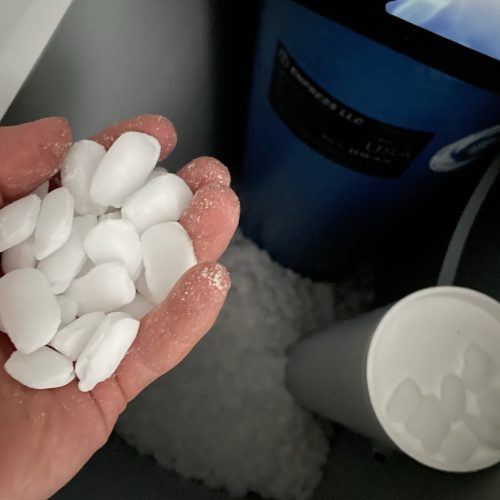
What To Do If You Suspect A Problem
Simple Troubleshooting
Always first, if your water seems to have gotten hard, check your salt bin/brine tank. If the salt supply has run out, any properly working softener will not be able to make soft water. This simple problem can be fixed by adding salt and doing a manual regen on the softener.
Check for water leaks in the home. Sometimes something like a leaky toilet will allow water through a softener at rates slow enough that the softener can’t pick it up. Thus the water softener will not regenerate often enough because it doesn’t calculate gallons that it cannot measure.
Make sure no bypass valves are open. Professionals who install water softeners often include bypass valves for emergencies. Or someone may have opened the bypass to fill a pool or irrigate lawn. If a bypass valve is open, water will get around the softener rather than through it and bring hard water into the home.
See if water softener is constantly draining. Salt based water softeners are equipped with drains for their regeneration cycle every few days. However, during normal service, there should be no water draining, and if so, this could indicate that the unit has seals or O-rings that have been compromised.
When To Call A Professional
If these few quick checks reveal no issues, it is recommended to contact your local service professional for further troubleshooting.
A water softener specialist would be able to check the system cycles and programming to make sure there are no errors. Making sure no dirt or residue has caught in the brine injector inside the control valve is another common checkpoint. If all other issues appear fine, the ion exchange resin bed can be assessed for integrity.
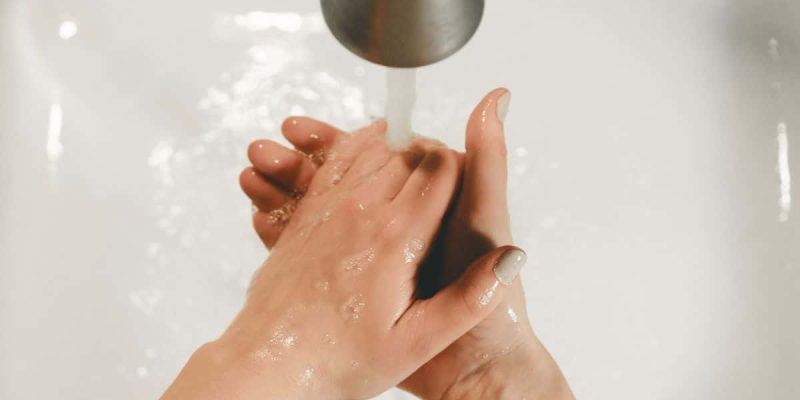
Preventative Maintenance Tips
For best results with your home water softener, it is recommended to keep the salt tank properly filled at all times. Allowing the salt bin to run empty various times can shorten the life of the system. If water quality fed through the unit is very poor, running a resin cleaner like Iron-Out may be a good option. However, always check with your water softener specialist to make sure what you are doing is fine, as some units require specific kinds of salt, and some do not allow for cleaners to be used. For more info see our blog on what kind of slat my water softener requires.
Having your system checked once every year or so by your water conditioning specialist is a very good idea. Making sure your system is running in top shape can increase its lifespan and efficiency. Contact Aquanology today to learn about our scheduled service plans.
Again, a water softener properly working is an asset to your home by preserving its value. An improperly functioning water softener can lessen your home value by wasting water and/or allowing hard water to ruin fixtures, plumbing, and appliances.
For an assessment on your water softener, or your water quality situation at large, please contact Aquanology, your neighbors and partners bringing water conditioning services to your home or business.
Contact us today to learn more about our water softeners and how we can help you achieve the highest quality water for your home. Our friendly and knowledgeable team is here to assist you with personalized recommendations and expert advice.


